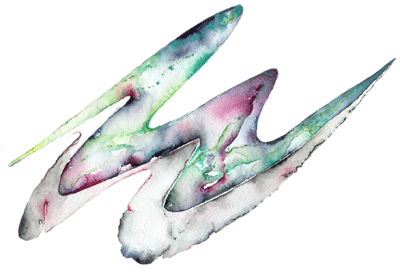Week 9 - Isaiah 44:24-45:13
In our text it is clear that God’s future for Israel is not to be enacted in the way the Jews either expected or preferred.
- Walter Brueggemann
I’ve been around the Bible all my life but I can honestly say there were verses in this week’s passage that I hadn’t known were in there. Brueggemann himself calls some of them among the most remarkable, breathtaking and sweeping in the Bible. I can see why. Cyrus is given the title “Messiah” (45:1), something Brueggemann notes would have been scandalous because he was not a Jew. Then there’s 45:7 which has Yahweh declaring that he makes both shalom (peace) and evil.
What?! How do we understand it?
This week I phoned my former neighbour to see how she was doing during the pandemic. At 89, a widow, she’s still living on her own and doing well. She’d been thinking about what the pandemic is all about, and asked if I wanted to hear it. “It’s a wake up call for the world,” she said, “to let us know God is in control." Her faith comes from another, perhaps more conservative era than mine, but I agreed with her. What a wake up call it’s been, and it’s nowhere near over. Her words stayed with me.
Then on Saturday night, Lyle and I watched the movie Sound of Metal, about a heavy metal drummer whose life is thrown into chaos when he suddenly loses his hearing. It’s a fitting story during the pandemic. Misfortune disrupted his life completely. Life could not go back to the way things were and he was at a crossroads. Just like broken, despairing Israel, just like our broken world, he’d received a scandalous wake-up call.
How does God act in history? In our passage and elsewhere, it seems Yahweh likes surprises. To be honest, I’d rather have the comfortable, non-surprising salvation plan, the one that sees me in consoling prayer, learning deep lessons during the pandemic, happily on top of my game making the best of things. But my story, just like Israel’s, just like everyone’s, is faced with regular disruptions — cranky body aches, but also deeper things like relational wounds and mistakes I’ve made that seem amplified in these quiet days of isolation. As I’m getting thrown around on the potter’s wheel, do I trust the Potter? Do I really have faith that I’m in good hands?
Reading over how Cyrus was chosen and even given the lofty title Messiah makes me think that God will do anything to reach his children. Broken, despairing Israel who has been tangled with empire would be all but lost if it weren’t for Yahweh’s daring intervention.
- Lydia
Reading: Brueggemann pages 72-80
Questions for Reflection
1. 45:9 says “Woe to you who strive with your Maker, earthen vessels with the potter! Does the clay say to the one who fashions it, ‘What are you making?’ or ‘Your work has no handles?’” When you see yourself and creation as the clay and God as the potter:
- Do you feel trust or feel powerless?
- Do you feel humble or indignant?
- Do you feel hopeful or out of control?
- Do you feel grateful or entitled?
Is there a metaphor (for God’s action in your life) other than Potter and clay that connects better with you?
2. Our passage suggests that God’s purposes seem to be carried by “unacceptable” human agents, such as Cyrus. Name something good that has come to you via an unexpected, unorthodox or even scandalous way. Did you welcome or resist?
3. Name some Biblical and/or modern examples of conventionally unacceptable people whom God has used. What makes us view leaders as divine?




